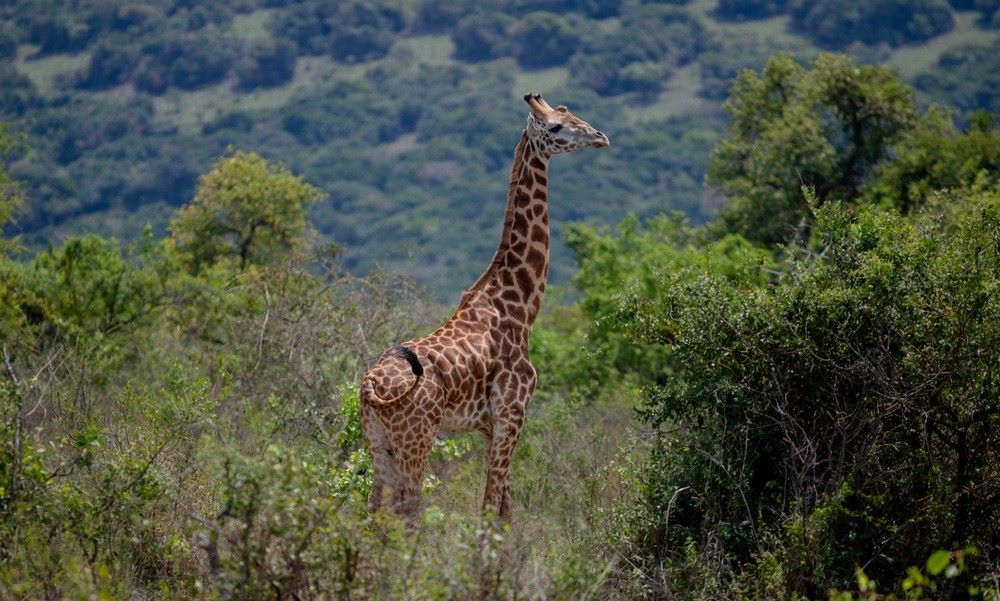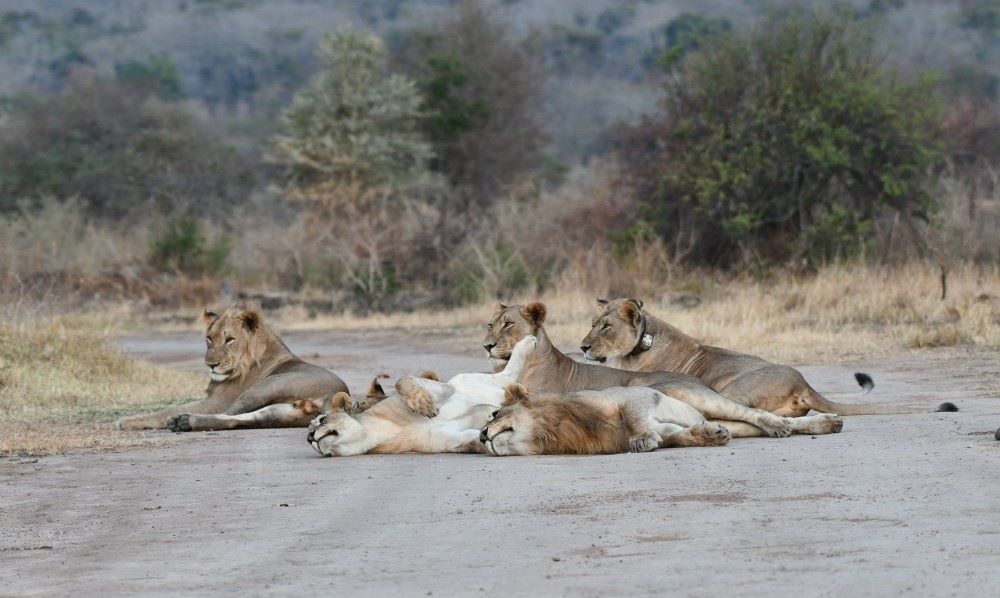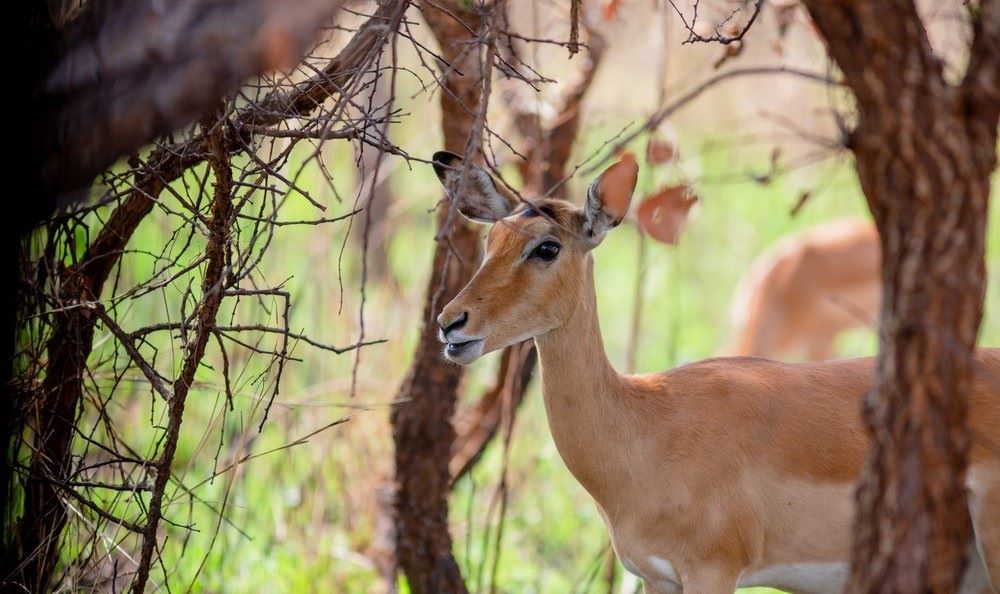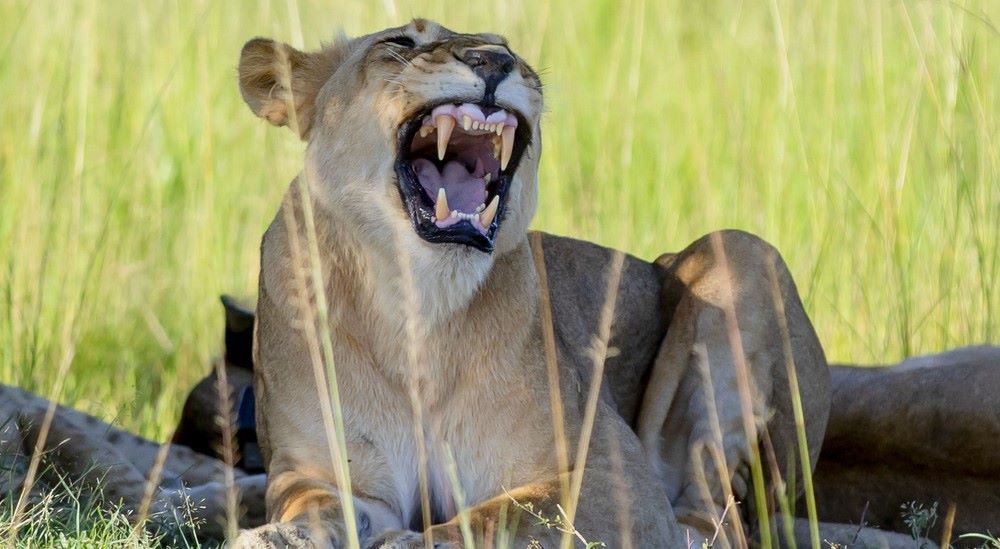Rwanda is preparing to write a new chapter in its conservation journey with the launch of a regional academy dedicated to biodiversity and environmental protection.
Planned on an eight-hectare site at the southern gate of Akagera National Park, the institution will serve as a continental hub for research, training, and collaboration in conservation practices.
The academy is the product of a strong partnership between the Rwanda Development Board (RDB) and African Parks, the non-profit organization that has managed Akagera National Park for over a decade.
A final agreement is set to be signed on September 30, 2025, after which construction of the school’s infrastructure and systems will commence. According to officials, the process will take about a year, paving the way for the first intake of students by 2027.
Eugène Mutangana, Head of Conservation at RDB, described the project as a milestone for Rwanda and the wider region. “The academy will be established at the southern gate of the park, positioning Rwanda as a regional conservation hub,” he said
Mutangana explained that Rwanda will retain a 49 percent stake in the academy while African Parks will hold the majority share. Rwanda’s contribution includes the land on which the school will be built, alongside granting students full access to Akagera National Park for hands-on learning.
The school will admit trainees from across Africa, but Rwandans will stand to benefit in particular. Park managers, rangers, and community leaders will be given opportunities to gain advanced skills in environmental protection and wildlife management.

This will create a pipeline of skilled professionals ready to manage Rwanda’s expanding network of protected areas, which includes Volcanoes, Nyungwe, and Gishwati-Mukura national parks.
Officials note that the institution will not only advance conservation expertise but also bring tangible economic benefits. Hosting students, professionals, and visiting researchers will stimulate the local economy through accommodation, transport, and other services.
“It diversifies Rwanda’s conservation-related tourism brand, adding an educational and training component to the existing ecotourism attractions,” Mutangana said.
The initiative also promises to attract international attention, placing Rwanda at the center of Africa’s conservation dialogue. By convening experts from diverse ecosystems across the continent, the school will foster knowledge-sharing, promote innovation, and strengthen networks that could unlock new streams of donor support and investment for Rwanda’s wider conservation agenda.
RDB and African Parks already share a strong track record of cooperation. Their 10-year partnership has driven the ecological and economic revival of Akagera National Park, once on the brink of collapse but now a thriving reserve.
In 2020, the two partners signed a 20-year agreement to manage Nyungwe National Park, Rwanda’s largest forested area. Nyungwe, established in 1934 and covering 1,122 square kilometers, is home to iconic species including lions, leopards, elephants, rhinos, and buffaloes.
Tourism in Nyungwe has steadily increased, with visitor numbers reaching 56,219 in 2024, a 3.83 percent rise compared to the previous year. The park generated $4.7 million that year, up from $4.6 million in 2023, with 10 percent of the revenue shared with surrounding communities.
These figures highlight the growing role of conservation in Rwanda’s economic development and community empowerment, an impact the new academy is expected to amplify.
Beyond its financial contributions, the academy will inspire Rwandan youth to consider careers in conservation, offering a gateway to employment and new livelihood opportunities tied to biodiversity management.

For local communities, the project could mean jobs, service contracts, and exposure to new ways of linking conservation with sustainable development.
Rwanda’s conservation efforts have gained international recognition over the years, from the celebrated gorilla protection programs in Volcanoes National Park to innovative initiatives such as the use of artificial intelligence in monitoring wildlife.
By investing in a continental-level academy, Rwanda is reinforcing its reputation as a thought leader in conservation and environmental stewardship. The school is a platform for collaboration, innovation, and leadership in a sector that is increasingly critical to Africa’s future.
With the first students expected in 2027, the academy is poised to become a cornerstone of Rwanda’s green legacy, offering the country and the continent new tools to safeguard biodiversity while advancing economic growth.

